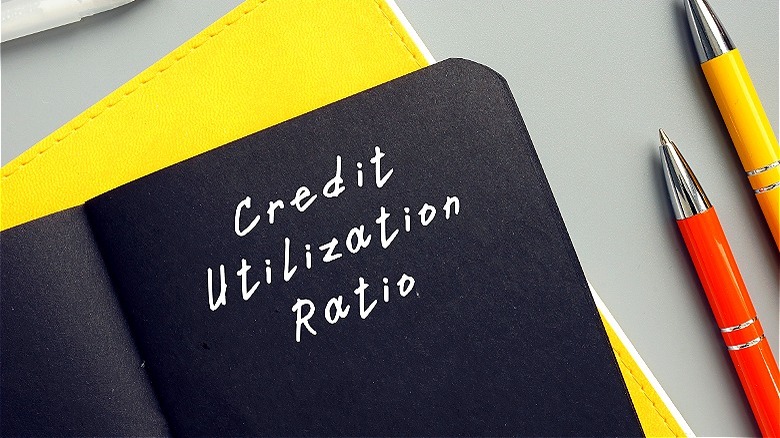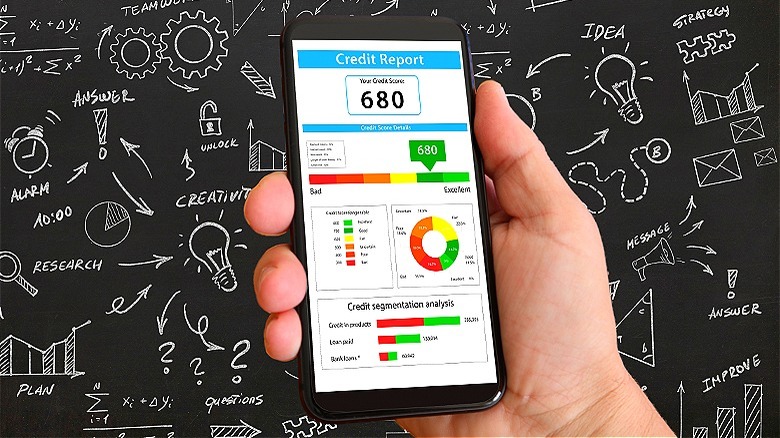Why You Should Think Twice Before Lowering Your Credit Card Limit
While most people might have investigated what it takes to raise their credit limit, you might be curious about the reverse. Whether out of concern for spending too much or a fear of fraud, you might have considered lowering your credit card limit at some point. This can be especially true if your credit card company upgrades your limit without you requesting it. Remember that you can decline an upgraded credit limit if you choose. However, while the new limit might be outside of your spending comfort zone, the increase can ultimately be beneficial to your overall credit.
Of course, no single thing can ultimately "fix" a low credit score. With multiple factors affecting your score, it's important to cover your bases financially. This can include prioritizing the paying off of past-due or collections accounts as well as making sure to keep your payment history clean in the future. Remember that even paying the minimum amount on a bill is still better than the credit score consequences of a late payment. Your payment history accounts for 35% of your FICO credit score and 41% of your VantageScore, so it's important to pay on time, even if it's not the full amount.
With that said, increasing your credit limit can also be an important tool at your disposal when it comes to increasing your credit score. From credit utilization to the peace of mind of having access to extra funds in the event of an emergency, there is a lot to gain from a credit limit increase.
How your credit limit impacts your credit utilization
One of the biggest factors affecting your credit score is your credit utilization. This can sometimes also be tied to or called your amounts owed. By using something called a credit utilization ratio, you can calculate the percentage of your total borrowing limit, or cap, compared to what you've already used/spent. Having a low credit utilization means you have used/spent significantly less than the credit available to you.
Let's say your monthly credit card limit is $5,000 and you've spent $3,000 of that, your ratio would be 60% which is quite high. It's important to know that lenders tend to prefer credit utilization ratios no higher than 30%. The logic behind this threshold is that people who carry more debt could have issues repaying their borrowed amounts, making them seem more of a risk for things such as loans, mortgages, or even other credit cards.
Even worse than how your credit utilization can look to lenders, having a high ratio can negatively impact your credit score. In fact, experts claim that people with the highest credit scores generally keep their utilization ratios below 10%, while anything over 30% can, and does, negatively impact your score. This is why having a higher credit limit can help counterbalance your used/spent credit, and why you may want to reconsider lowering your limit. If your spending stays exactly the same, your previous $3,000 credit usage will be less impactful compared to a new credit limit of $10,000. This improves your credit utilization ratio, which would now only be 30%.
Checking your credit score
In case you don't already know this, it's a good idea to regularly check your credit score. Not only can doing so help you combat potential fraud or identity theft (for instance, making sure there are no new credit lines or hard inquiries you didn't know about), but it's also a great way to see what exact things might be affecting your score. While credit utilization is one significant factor in determining your credit score (it accounts for 30% of a FICO score for anyone curious), other important factors can similarly impact where you fall in the credit score range.
Both the length of your credit history and credit mix can impact your overall credit score. By credit mix, this means having a mix of both installment debt like student loans, mortgages, or car loans, and revolving accounts like credit cards. According to Experian, length of credit and credit mix combine to account for about 25% of your total FICO score; for VantageScore, it's 20%.
Another significant factor is new credit. Since having new debt raises the chances that you'll fall behind on old/existing debt, getting a new line of credit can actually change your credit score. While the hard inquiry required during the application process will hurt your score, getting new credit also has the potential to help your credit score over time, as the increase to your credit limit will lower your utilization ratio. Finally, remembering that having a larger credit limit doesn't come with any obligation to use it can be especially important when taking control of your credit.


